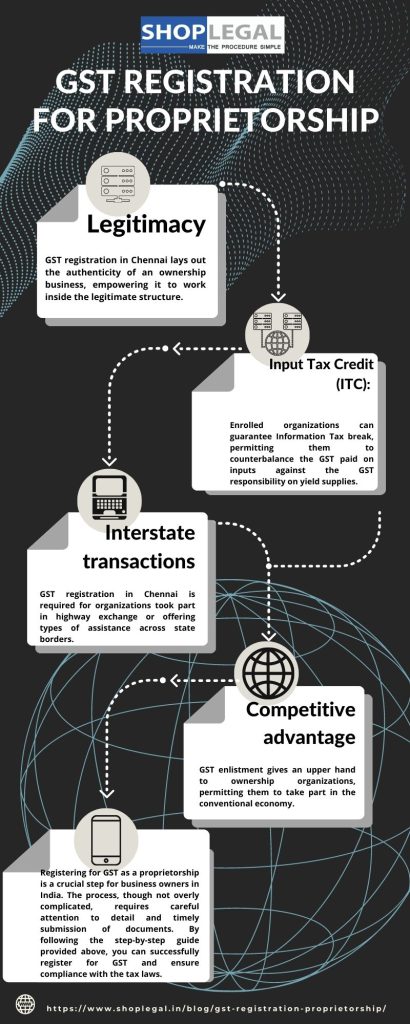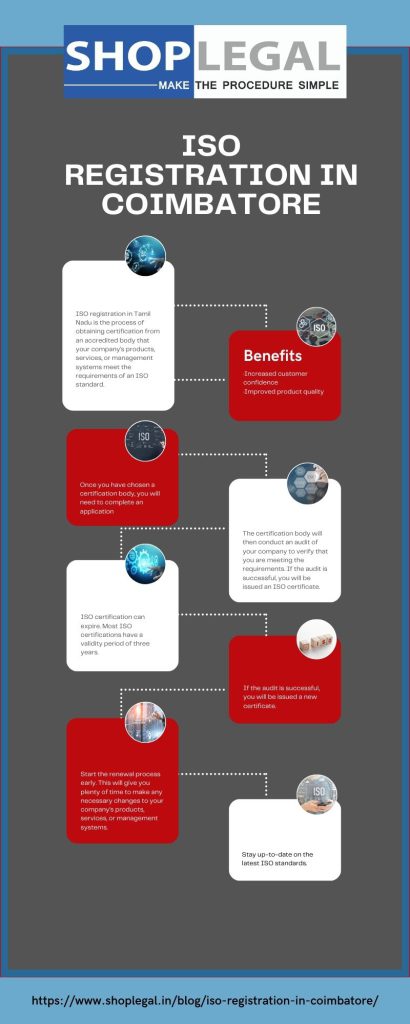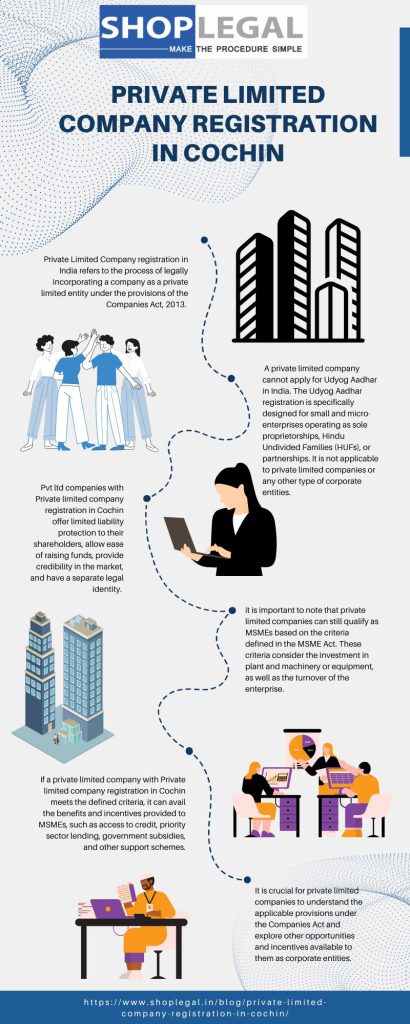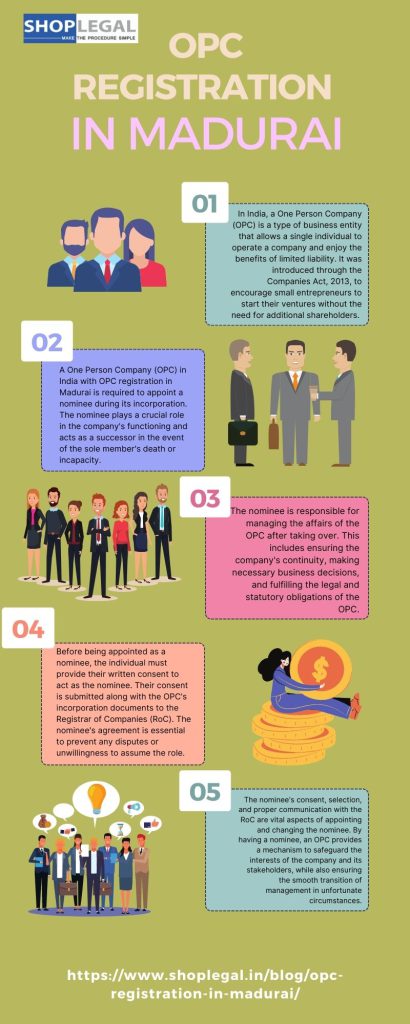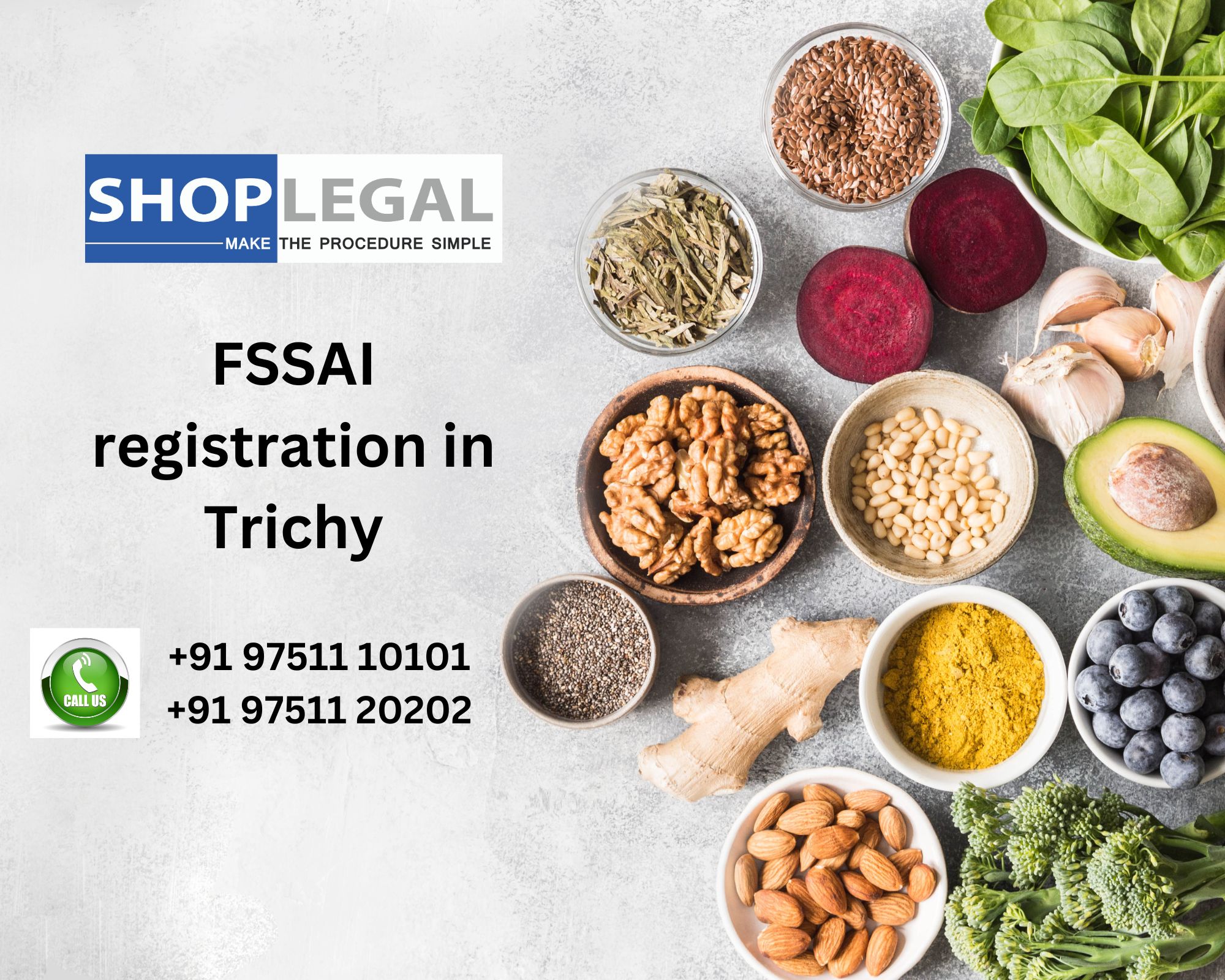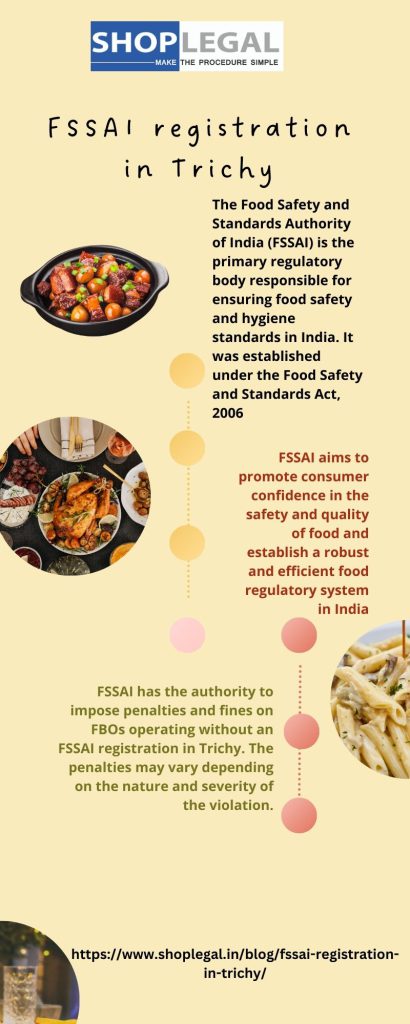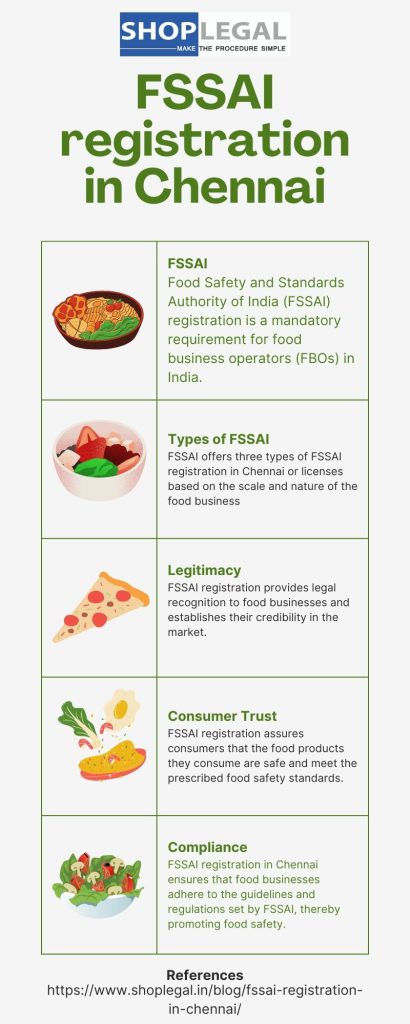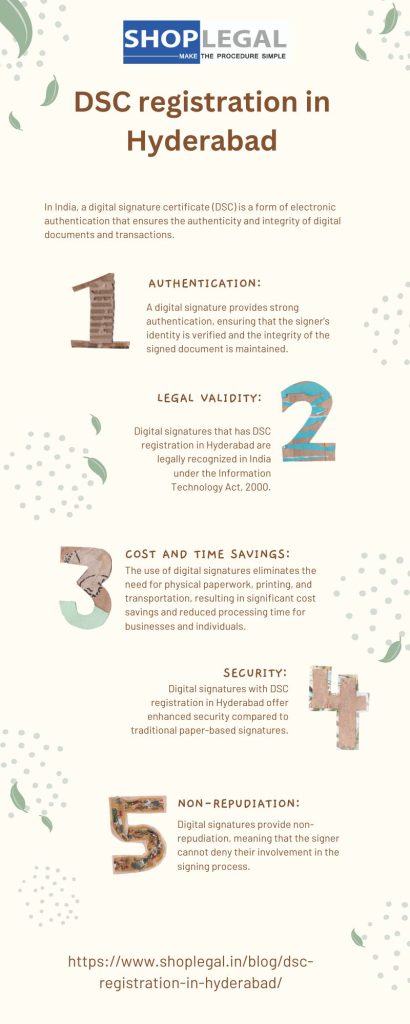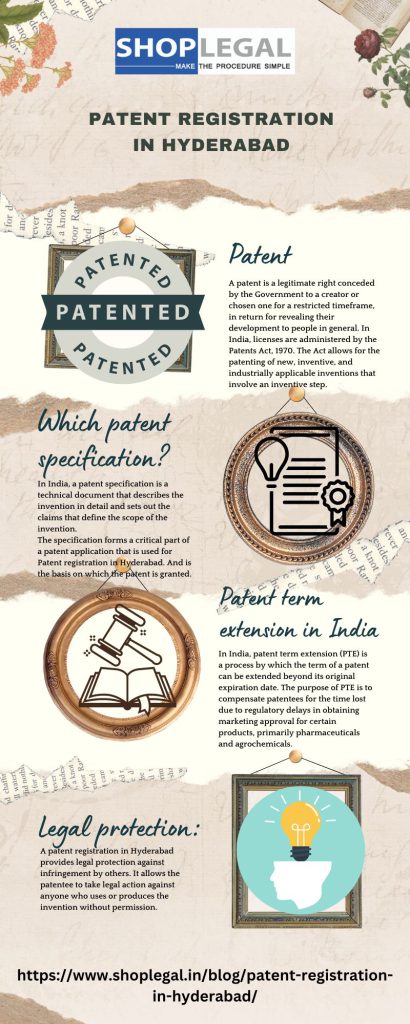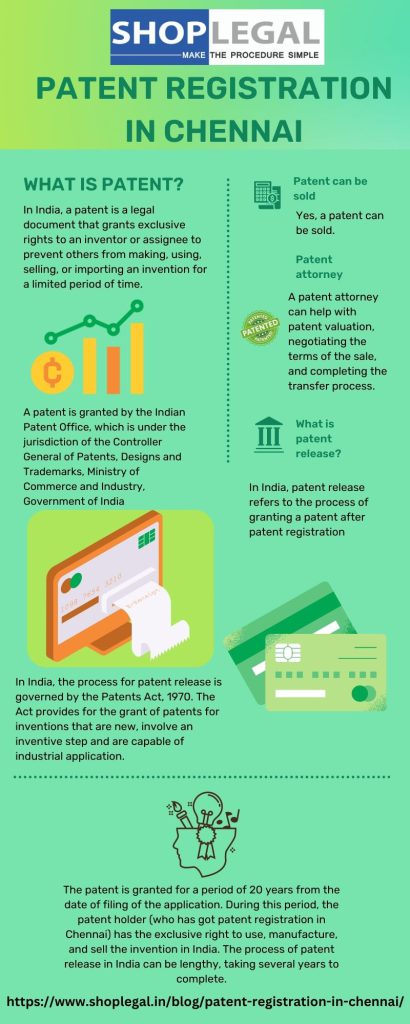GST registration for proprietorship
TALK TO EXPERTS
Goods and Services Tax (GST) is a comprehensive indirect tax in India. It replaced multiple indirect taxes and aims to create a unified tax structure.
For business owners operating as sole proprietors, GST registration is essential if their annual turnover exceeds the specified threshold. In this guide, we will take you through a step-by-step process to register for GST as a proprietorship in India.
Determine Eligibility:
The first step is to ensure that you are eligible for GST registration in Chennai. As a proprietor, you must register if your annual turnover exceeds the prescribed threshold, which may vary from state to state.
As of my knowledge cut-off in September 2021, the threshold for GST registration was Rs. 40 lakhs for most states and Rs. 20 lakhs for some special category states. However, please verify the current threshold on the official GST portal or consult a tax professional.
Gather Documents:
Before starting the process for GST registration in Chennai, gather the necessary documents. These typically include:
- PAN Card of the proprietor
- Aadhar Card of the proprietor
- Proof of business registration (if applicable)
- Address proof of the business premises
- Bank account details
- Digital Signature Certificate (DSC) of the proprietor (required for companies and LLPs)
Create an Account on the GST Portal:
To have GST registration in Chennai, you need to create an account on the GST portal. Click on the “Services” tab and then select “New Registration.” You will be prompted to enter your details such as name, email, and phone number to create the account.
Fill the GST Registration Application:
After creating the account, log in to the GST portal and start filling the Application for GST registration in Chennai (Form GST REG-01). Provide details such as your business name, PAN, and Aadhar number.
Additionally, you need to choose the type of registration – regular taxpayer, composition scheme, or any other applicable category.
Enter Business Details:
Next, provide comprehensive information about your business, including the type of business activity, address of the principal place of business, and additional places of business, if any.
Verification of Mobile Number and Email:
Once you submit the application for GST registration in Chennai, you will receive an OTP on your registered mobile number and email. Enter the OTP for verification.
Submit Additional Documents:
Depending on the nature of your business, you may be required to submit additional documents, such as a partnership deed or a certificate of incorporation. Upload all the necessary documents.
Application Verification:
After submitting the application and documents, you will receive an Application Reference Number (ARN). Keep this ARN safe for future reference.
Processing of Application:
The GST authorities will process your application for GST registration in Chennai and conduct a thorough examination of the provided documents. If any discrepancies or issues are found, they may request further clarification or documentation.
GSTIN Allotment:
If your application is approved, you will receive your unique Goods and Services Tax Identification Number (GSTIN) and a GST Certificate of Registration. This 15-digit GSTIN is your identification for all GST-related transactions.
Displaying GSTIN:
As a registered GST taxpayer, you must display your GSTIN at the place of business and on all official documents like invoices, bills, and letterheads.
Compliance and Filing Returns:
After GST registration in Chennai, you are required to comply with various GST regulations, including charging and collecting GST on your supplies, maintaining proper records, and filing regular GST returns.
Benefits of GST registration for proprietorship
Legitimacy:
GST registration in Chennai lays out the authenticity of an ownership business, empowering it to work inside the legitimate structure. It guarantees consistence with charge guidelines and assists work with trusting among clients and colleagues.
Input Tax Credit (ITC):
Enrolled organizations can guarantee Information Tax break, permitting them to counterbalance the GST paid on inputs against the GST responsibility on yield supplies. This lessens the general taxation rate and improves income.
Interstate transactions:
GST registration in Chennai is required for organizations took part in highway exchange or offering types of assistance across state borders. It empowers the smooth development of labor and products across India and disposes of the intricacies related with numerous state charges.
Competitive advantage:
GST enlistment gives an upper hand to ownership organizations, permitting them to take part in the conventional economy. Enrolled organizations can profit themselves of government tenders, extend their market reach, and lay out client credibility.
News Update
On the 24th of July 2023, the exception declaration functionality would have been live on the e-invoice portal, GSTN expressed.
- This component is planned for citizens who have e-invoicing empowered of course yet are avoided from applying it under the CGST (Central Goods and services tax) Rules.
E-Invoice Exemption declaration functionality Highlights are expressed as-
- The e-invoice exemption declaration aspect would be voluntary and accessible on (einvoice.gst.gov.in).
- A similar component would be applied to the assessee who are exempted from e-invoicing under the CGST rules.
- A similar would be crucial for see that any statement that has been caused through a similar feature will not revise the e-invoice enablement status of the assessee.
- It is the individual’s commitment to choose whether to give a special case considering the various Advisory the public authority has distributed and to uncover that decision on the entrance.
- The utility to report exception declarations is simply accessible to help organizations.
The GSTN advisory referenced that the utility to report the exception declaration would be for the simplicity of the business targets.
On 29th June 2023, the GSTN would have outfitted an advisory for the web-based consistence connected with the liability/difference that shows up in GSTR1 – R3B (DRC-01B).
28% GST on online gaming: Government unlikely to review decision
A survey or a rollback of the choice to force 28% labor and products charge (GST) on the full worth on Online gaming is impossible even as industry is expecting to get some relief.
Official sources showed that any survey of the choice by the GST Council isn’t on the cards. ” There is no arrangement for a survey. The choice was taken collectively by the GST Council after much thought and pondering,” said an individual acquainted with the issue.
Notice giving impact to this choice is possible after the revisions to the GST Act in the Monsoon session of Parliament.
Online gaming firms and players are perceived to have kept in touch with the money service to rethink the 28% GST, communicating worries that it would unfavorably affect the development of the area, lead to employment misfortunes and inflate costs for players.
“This is a very sad choice as charging a 28% expense on full presumptive worth. This will prompt an almost 1,000% increment in tax collection.
A taxation rate where charges surpass incomes won’t just make the Online gaming industry unviable yet additionally help bootleg market administrators to the detriment of genuine duty paying players, further subverting the business’ picture and ability to get by,” Malay Kumar Shukla, Secretary of the E-Gaming Federation, had said after the GST Board’s choice.
The Confederation of All India Traders (CAIT) additionally approached State head Narendra Modi to intercede, rethink and repudiate the choice of the GST Board to exact GST on the full presumptive worth for internet gaming and clubbing it with betting exercises.
Conclusion:
Registering for GST as a proprietorship is a crucial step for business owners in India. The process, though not overly complicated, requires careful attention to detail and timely submission of documents. By following the step-by-step guide provided above, you can successfully register for GST and ensure compliance with the tax laws.
Remember to keep track of updates and changes in GST regulations, as tax laws are subject to revisions from time to time. If you encounter any difficulties during the registration process, consider seeking assistance from a tax professional to ensure a smooth and hassle-free GST registration experience.
